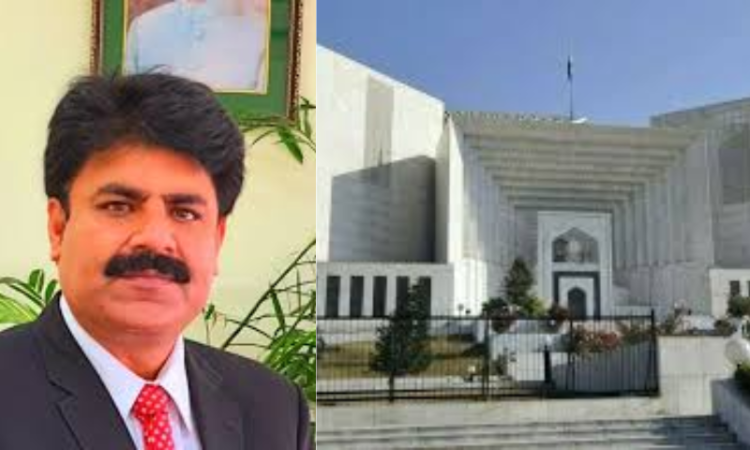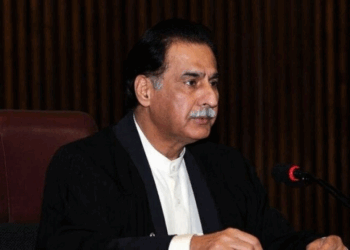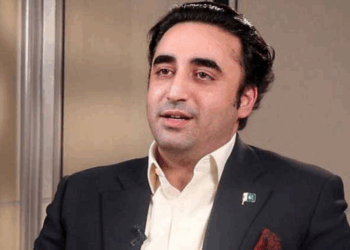By Hafiz Ehsaan Ahmad
The Supreme Court, led by Chief Justice Qazi Faez Isa, alongside Justices Aminud Din Khan and Naeem Akhtar Afghan, has revised its ruling in the Mubarak Sani case. On August 22, 2024, the bench accepted review petitions filed by the federal and Punjab governments, citing a critical mistake in its earlier decisions. The Court acknowledged that during the preliminary hearings, it was unaware of the “Tafseer-i-Sagheer” or its author. Consequently, the Court has withdrawn its contentious rulings from February 6, 2024, and July 24, 2024, which included remarks allowing members of the Ahmadiyya Community to preach their beliefs. These rulings are now nullified and will not serve as legal precedents.
The background of the case traces back to a complaint filed on December 6, 2022, by Muhammad Hassan Maavia, General Secretary of the Tahaffuz Khatm-e-Nabuwat Forum. The complaint led to a case in Chenab Nagar, District Chinot, against five individuals, including an Ahmadiyya woman, related to the distribution of the controversial “Tafseer-e-Sagheer,” in violation of sections 295-B and 295-C of the Pakistan Penal Code.
During the Supreme Court’s hearing on August 22, 2024, prominent religious scholars such as Maulana Fazlur Rehman, Mufti Taqi Usmani, Allama Jawad Naqvi, and Mufti Muneeb Ur Rehman made their representations. Hafiz Ehsaan Ahmad Khokhar, Advocate Supreme Court, argued extensively, emphasizing that the Constitution and the Second Amendment of 1974, as well as the 1985 Parliament endorsement, explicitly declare Qadianis and Ahmadis as non-Muslims. He argued that the paragraphs from the February and July rulings conflicted with Article 260(3) of the Constitution and Article 6 of the Third Amendment Order 1985.
Khokhar further submitted that earlier Supreme Court rulings, particularly the 1993 case of Zaheer ud din Ahmad versus State and the 1985 Federal Shariat Court judgment, should have been followed. He underscored that amendments to the Pakistan Penal Code, specifically sections 295 and 298-C, prohibit Qadianis from adopting Islamic symbols and rituals. He contended that these laws remain valid and enforceable, and the impugned orders needed to be recalled to prevent legal inconsistencies.
He further stated that the earlier Supreme Court orders mistakenly allowed Qadianis to preach covertly, violating constitutional principles. Khokhar urged the Court to rescind the February 6 and July 24 rulings, restore the case to its pre-February 2024 status, and clarify that the observations made in those rulings were void.
On October 10, 2024, the Supreme Court rectified its previous decisions, concluding that the February and July rulings were legally unsustainable. The revised judgment has now replaced those orders, making it the final and definitive ruling in the case.
In his comments on the new ruling, Hafiz Ehsaan Ahmad commended the Court for correcting its earlier orders. He pointed to paragraph 23 of the judgment, which reaffirms Article 260(3) of the Constitution, defining Ahmadis and Qadianis as non-Muslims. He praised the decision for upholding the legal framework established by the Second Amendment and the laws previously enacted by Parliament. The ruling, he concluded, is a strong affirmation that Qadianis cannot legally engage in deceptive practices regarding Islamic principles, in line with earlier Supreme Court judgments.








